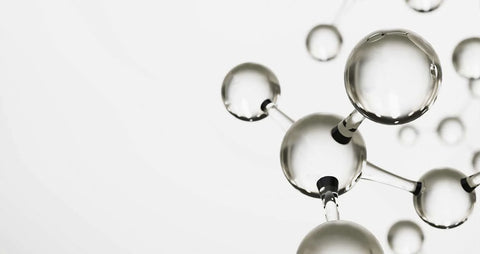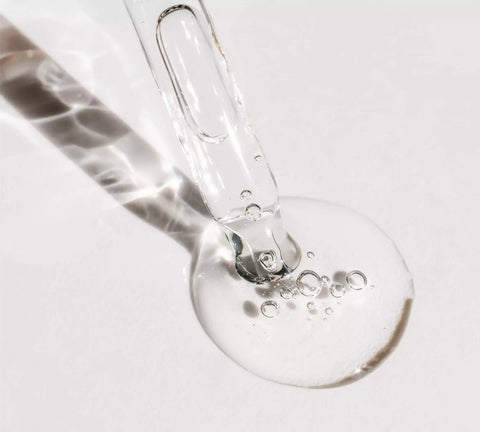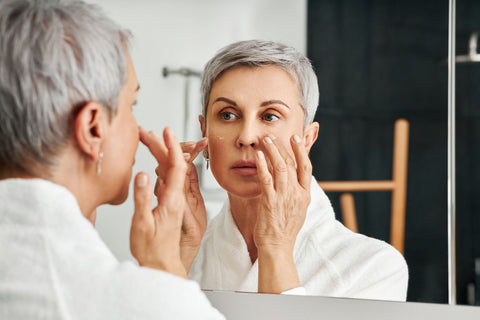Retinol for Acne - 5 Benefits
Acne is a common skin concern, and finding effective treatments can be overwhelming. Dermatologists often recommend retinol for acne due to its proven benefits in reducing breakouts and improving skin texture. But what exactly makes retinol a game-changer for acne-prone skin?
Key Takeaways
- Retinol helps reduce acne by unclogging pores and promoting skin cell turnover.
- It is a dermatologist-recommended treatment for long-term acne management.
- Regular use of retinol can improve skin texture and reduce scarring.
- Retinol can be used safely for most skin types with proper guidance.
- Always start with a lower concentration to avoid irritation.
Why Dermatologists Recommend Retinol for Acne
Retinol, a powerful derivative of Vitamin A, is known for its ability to accelerate cell turnover. This makes it highly effective in treating acne by helping to clear blocked pores and reduce the formation of pimples. Dermatologists trust retinol because it addresses the root cause of acne – the buildup of dead skin cells that clog pores.
Unlike some acne treatments that merely target surface issues, retinol works at a deeper level to provide long-term benefits, making it an essential part of acne treatment plans.
How Does Retinol Help with Acne?
-
Promotes Skin Cell Turnover
Retinol accelerates the shedding of dead skin cells, reducing the likelihood of clogged pores, which is one of the primary causes of acne. -
Reduces Inflammation
Inflammation is a major contributor to acne flare-ups. Retinol has anti-inflammatory properties that help soothe irritated skin and reduce redness and swelling. -
Fights Acne Scarring
Regular use of retinol can fade hyperpigmentation and acne scars, leaving your skin clearer and smoother. -
Improves Skin Texture
By stimulating collagen production, retinol helps improve the overall texture of your skin, reducing the appearance of uneven spots and fine lines. -
Prevents Future Breakouts
Retinol helps prevent future acne breakouts by keeping pores clear and supporting the skin’s natural renewal process.
Can Retinol Irritate Skin?
While retinol is a potent acne treatment, it can cause irritation, especially for those with sensitive skin. To minimize irritation, start with a lower concentration and gradually increase the frequency of use. Always follow up with a moisturizer to keep the skin hydrated.
Question:
Does retinol help clear acne?
Answer:
Yes, retinol helps clear acne by increasing skin cell turnover, unclogging pores, reducing inflammation, and improving skin texture. It's a recommended treatment by dermatologists for both acne prevention and scar reduction.
By including retinol in your skincare routine, you can take proactive steps towards clearer, smoother skin. If you're struggling with acne, consult a dermatologist to see if retinol is the right solution for you.





Comments (0)
There are no comments for this article. Be the first one to leave a message!